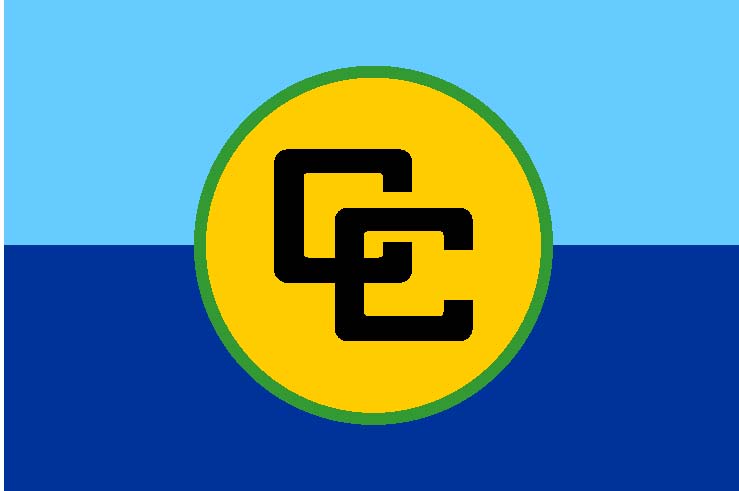The U.S. Virgin Islands (USVI) is taking steps to advance its relationship with the Caribbean Community (CARICOM), moving from functional cooperation to a more formalized Technical Cooperation Agreement.
The announcement comes after a July 15, 2024, meeting attended by USVI Governor Albert Bryan Jr., Teri Helenese, the Director of State-Federal Relations and Washington Representative for the USVI, Elizabeth Solomon, CARICOM’s Assistant Secretary-General for Foreign and Community Relations, and her professional team.
“To that end, we look forward to the Memorandum of Understanding and working collaboratively and in solidarity within CARICOM,” Governor Bryan said, expressing optimism about the potential of enhanced regional cooperation.
The partnership aims to bring substantial benefits to both the USVI and the wider Caribbean region, focusing on key areas such as energy, the blue economy, agriculture, tourism, technology, and labor management.
Addressing the energy crisis is a top priority, with the USVI seeking sustainable solutions, cost reduction, and the building of resilient infrastructure through collaboration. Promoting a blue economy, enhancing food security, and expanding the tourism industry are also crucial objectives.
Teri Helenese, who is spearheading the CARICOM initiative on behalf of the Governor, said that while associate membership with the intergovernmental organization is preferred, it presents challenges due to the USVI’s status as a U.S. territory, which requires specific authorizations from the White House.
However, Helenese considers the cooperation model a critical stepping-stone to associate membership, mirroring the prevailing dynamic political environment. Associate Members such as Bermuda, the British Virgin Islands, and the Turks and Caicos Islands have signaled their intention to advance to full membership within the regional bloc.
Acknowledging the USVI’s acute labor shortage within an expanding service industry, Helenese suggested that this challenge could be effectively addressed through cooperation, particularly by linking it to disaster recovery and the Visa Waiver Program. This approach would facilitate the employment of Caribbean nationals, thereby mitigating the current workforce crisis.

